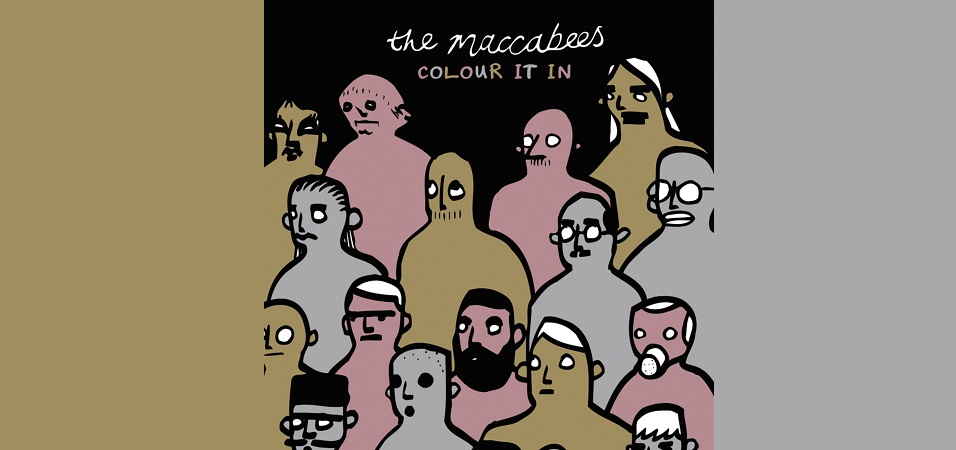Record Rewind: Radiohead – OK Computer
3 min read
After months of speculation, alt-rock legends Radiohead have finally returned to the studio to begin work on their highly anticipated ninth album. It now seems that a look back on their discography is well overdue and so we’ve decided to re-examine the one album that took them soaring to the top of the charts upon its release in 1997, and has to this day remained their most popular record.
As anyone who knows me will tell you, my love of Radiohead runs deep. Memories of my childhood and teenage years are, in my mind, set to a soundtrack in which Radiohead dominates and I have no doubt the band has greatly influenced the person that I am now. While today I’d list Kid A and In Rainbows as my favourites of the band’s albums, it was Ok Computer that got the ball rolling and sparked my lasting love affair with the Oxfordshire alt-rockers.
 With the positive reception of their previous record, The Bends (1995), providing them with a newfound confidence, Radiohead rejected expectations of a The Bends (Part Two) style follow up. Adopting a more experimental approach, the new album was designed to distance themselves from the guitar-driven, introspective nature of their earlier releases, which had come to define them. The result is Ok Computer – an album that Rolling Stone then described as “a stunning art-rock tour de force” and which critics now consider one of the greatest rock albums of the 1990s.
With the positive reception of their previous record, The Bends (1995), providing them with a newfound confidence, Radiohead rejected expectations of a The Bends (Part Two) style follow up. Adopting a more experimental approach, the new album was designed to distance themselves from the guitar-driven, introspective nature of their earlier releases, which had come to define them. The result is Ok Computer – an album that Rolling Stone then described as “a stunning art-rock tour de force” and which critics now consider one of the greatest rock albums of the 1990s.
The album roars to life with Airbag, Jonny Greenwood’s menacing opening riff introducing Thom Yorke’s vocals, which suitably proclaim, “I am born again” – a mantra that coincided with the bands nascent attitude. Although only subtle, Airbag features some of the electronic experimentation that became a defining aspect of Ok Computer and laid the groundwork for the band’s future sound.
The album’s second track is almost deserving of an entire article in itself. Originally running at fourteen minutes long, Paranoid Android was never expected to take off as it did. With a sense of humour the band sought to write a song similar to The Beatles’ Happiness Is A Warm Gun and which used the Pixies as a reference point. However, the result is epic, a track critics described as the Bohemian Rhapsody of the 1990s and which often features among lists of The Greatest Songs Of All Time. The six-minute masterpiece, with it’s spiralling melodies, robotic voices and breathtaking guitar solos, to me captures the sense of creative freedom and experimentation I imagine Radiohead felt having chosen to self-produce this record and turn their backs on the advice of their label. Unlike anything else, Paranoid Android is one of those tracks that you will remember hearing for the first time.
The album proceeds through mesmerising single after mesmerising single – with tracks like Karma Police and No Surprises proving timeless favourites – all the while playing out an inherent contradiction. While the music itself celebrates the advancements of modern technology, Yorke’s lyrics in contrast demonstrate a disillusion with societies dependence on these advancements and anxiously warn of a world run by computers. However it’s not necessary to view this contradiction as hypocrisy. Instead, Radiohead were pragmatic, making use of the new technology to satisfy their desire to move forward from their earlier sound, but all the while captured the anxiety that many feel regarding this technology. They were able to put into words what many can’t and in our current climate, more than fifteen year’s since Ok Computer’s release, those concerns seem to remain as relevant as ever.


